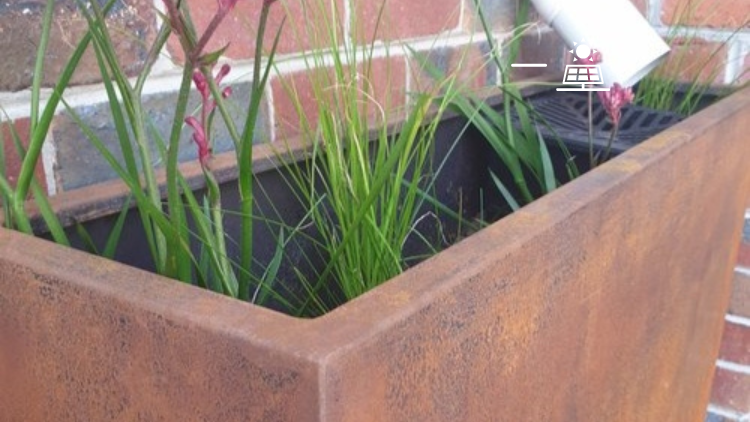Ku-ring-gai is on the north shore of Sydney, stretching across the Lane Cove, Middle Harbour and Hawkesbury catchments. It is surrounded by three national parks (Ku-ring-gai Chaise, Garigal and Lane Cove National Parks). Ku-ring-gai is on the land of Darramurragal Country.
Lane Cover River, between Macquarie Park and West Pymble, Sydney (Source: Sardaka, CC BY-SA 3.0, via Wikimedia Commons)
Developing a Water Sensitive City Strategy
In 2018, Ku-ring-gai Council started the process of developing a ‘water sensitive city strategy’ and policy. In 2022, this process is now complete, approved by council and published on the KRG website.
Water Sensitive City Framework and Index
Ku-ring-gai Council decided to adopt the widely accepted and used ‘water sensitive city index’ method to create this strategy. A water sensitive city framework, and the resulting Water Sensitive Cities (WCS) Index to measure the capacity and journey towards a water sensitive city, is a process that has been used around the world.
The WCS Index includes 34 indicators to measure how an organisation is approaching water management across a community, environmental, financial, asset and resource efficiency perspective. Wave Consulting is one of only a few accredited WSC Index providers who can undertake this analysis with an organisation.
We worked with Ku-ring-gai Council to draft the strategy’s targets and finalise the results of the Water Sensitive City Index review. We also refined and confirmed the actions and roles of the strategy.
Ku-ring-gai Council now has adopted a new strategy and policy, that will guide them for the next eight to ten years, that explicitly considers the community values, the council’s capacity, and the influence of new urban development and climate change.
Ku-ring-gai: The Green Heart of Sydney
significant urban forest
177 kilometres of waterways
1,150 hectares of bushland
dense existing tree canopy
one of few remaining biodiversity significance areas in Sydney metro
Ambitious water sensitive city targets
Ku-ring-gai Council created a set of targets (often extending existing targets), to drive change across all areas of a water sensitive city. These ambitious targets for Ku-ring-gai are to, by 2030:
increase the number of residents involved in community environmental programs
increase the number of residents at a household or individual level who carried out actions to benefit the environment
increase the number of residents involved in climate change adaptation activities
maintain the percentage of creeks tested that maintain or improve their stream health score
increase the tonnes of rubbish diverted from our waterways
increase the percentage of harvested/reused water of total irrigation demand utilised at harvested/reuse sites
decrease the household potable water consumption per capita
decrease the potable water consumption from Council facilities
increase the total volume of water sourced from re-use and recycling systems.
This strategy should see Ku-ring-gai deliver benefits to the area for the community and environment in both the short and long term.
This new strategy and policy is funded through multiple funding sources: the Environment Levy, the Stormwater Management Charge, General Revenue, and external grants. Over $4 million is allocated to delivering this strategy, with the opportunity to seek external grants.
How water sensitive is your city?
Wave Consulting is one of only a few accredited WSC Index providers who can undertake this analysis with an organisation.
planter boxes for stormwater treatment targets
Beautiful and functional planter boxes that are customisable for your space.





